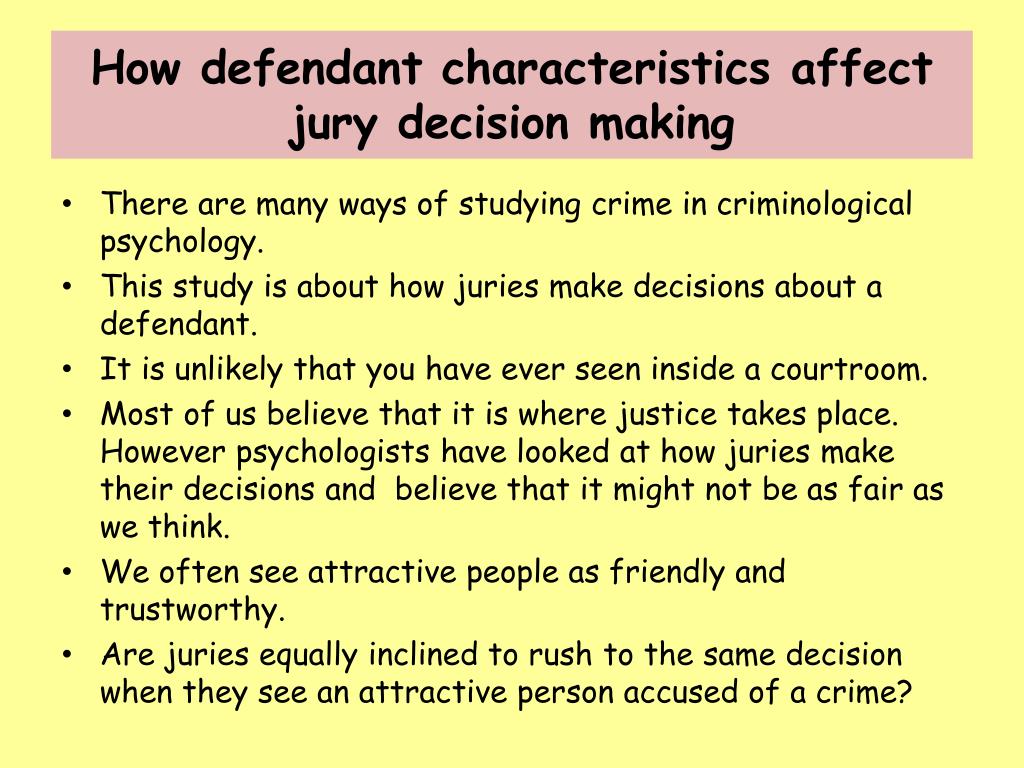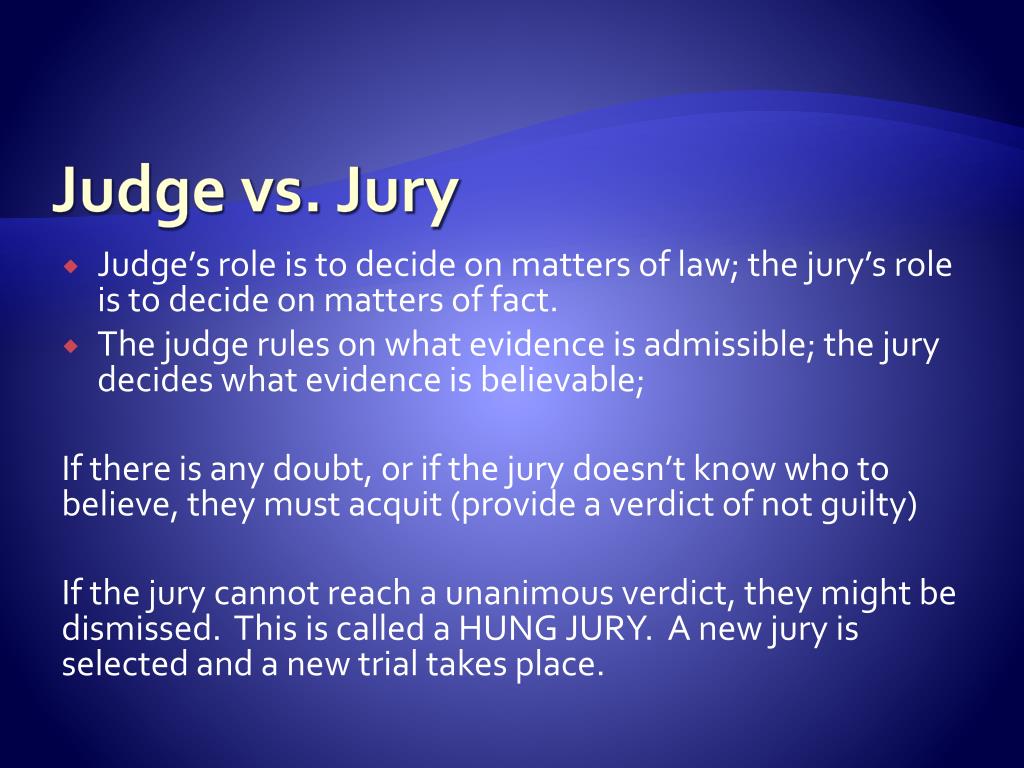Reference




OpenAI's Answer
The effectiveness of a judge's jury summaries can be attributed to several key characteristics:
-
Clarity and Conciseness: Judges often simplify complex legal language into clear and understandable terms, ensuring that jurors grasp the essential points without being overwhelmed by legal jargon.
-
Balanced Presentation: An effective summary balances both sides of the argument, presenting evidence and arguments from both the prosecution and the defense fairly. This impartiality helps jurors in making unbiased decisions source.
-
Focus on Key Evidence: Judges highlight the most significant pieces of evidence and testimonies that jurors should concentrate on, preventing them from getting lost in the details and encouraging a focused deliberation process.
-
Narrative Structure: Summaries that are structured as coherent narratives aid jurors in remembering facts better and understanding the case's storyline, which can significantly influence their verdict.
-
Neutrality and Impartiality: Effective jury summaries are provided in a neutral tone, avoiding any indication of personal bias or opinion from the judge, which ensures that jurors remain the primary decision-makers as intended in the trial process.
For more detailed analysis, you might refer to this PDF discussing how judges’ evidence summaries impact juror decision-making.
Follow Up
Related
What are the contrasting characteristics between Ballad Style of Stan Kenton and Standards in Silhou
How does epigenetics relate to Jean-Baptiste Lamarck's theory of acquired characteristics?
What characteristics of Einarr Rognvaldarson are compared to those of the Norse God Odin?
What characteristics of Odin are attributed to Einarr in the sagas?
What are the distinguishing characteristics of Filsoniana ferdinandmuelleri's thallus?